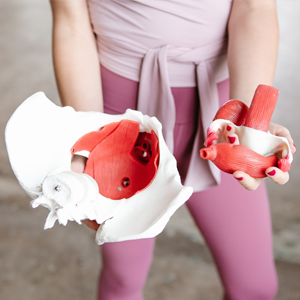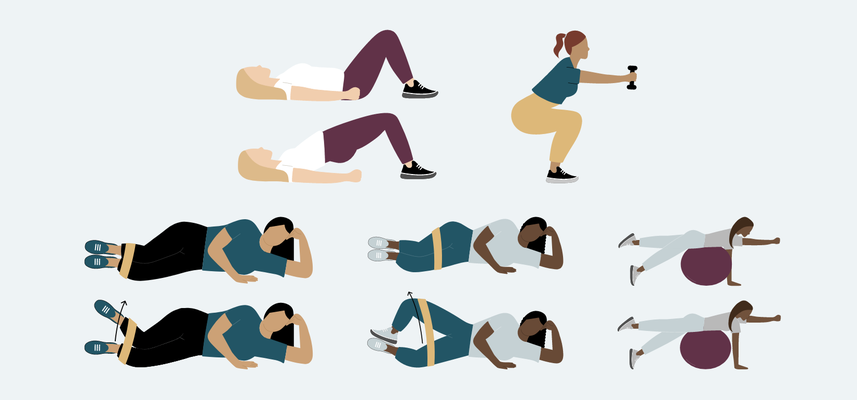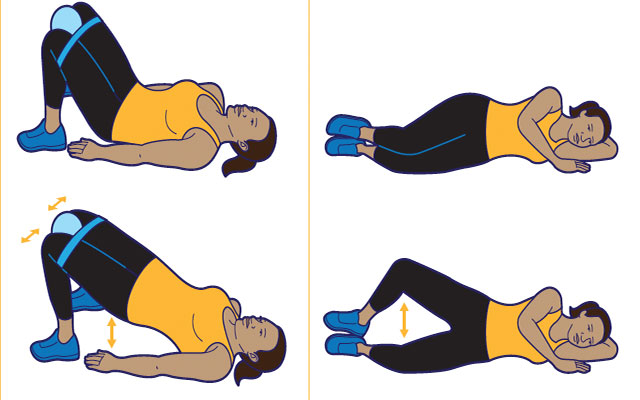Pelvic Floor Therapy: What is it and how can it benefit you?
Pelvic floor therapy is a type of physical therapy that involves various techniques to strengthen or relax the muscles of the pelvic floor. These muscles can become weak due to aging, childbirth, or surgery, leading to urinary incontinence, bowel movement problems, and sexual dysfunction. Pelvic floor dysfunction occurs when the pelvic muscles do not relax or contract properly, causing problems with urination, bowel movements, and sexual function. A doctor can diagnose pelvic floor problems through a physical evaluation that may include an intrarectal or vaginal exam.
Pelvic floor therapy can help to strengthen the pelvic floor muscles and improve core stability and control over urination, bowel movements, and sexual function. It can also help to develop mobile and stable muscles that can support the pelvic organs such as the bladder, colon, rectum, vagina, cervix, and uterus.
The therapy involves training the muscles of the pelvic floor through exercises that help to stabilize and strengthen the core muscles, including the pelvic floor, abdominal, back, and diaphragm muscles. Pelvic floor exercises involve lifting and squeezing the pelvic floor muscles while breathing out, holding for two seconds, and then releasing. It is recommended to repeat this for at least ten repetitions.
Pelvic floor therapy can benefit individuals who have uncomfortable urinary, bowel, or painful symptoms after giving birth or following pelvic surgery. It can also help to reduce the risk of developing incontinence or prolapse and manage symptoms such as pelvic pain and painful intercourse.
Overall, pelvic floor therapy is a non-invasive and effective treatment option for individuals experiencing pelvic floor dysfunction. It involves physical methods to strengthen and relax the pelvic floor muscles, which can improve core stability, control over urination and bowel movements, and sexual function. It can benefit individuals who have had pelvic surgery or childbirth and can help to manage symptoms such as pelvic pain and painful intercourse. If you suspect you may have pelvic floor dysfunction, it is recommended to speak with a doctor to discuss treatment options, including pelvic floor therapy.


































